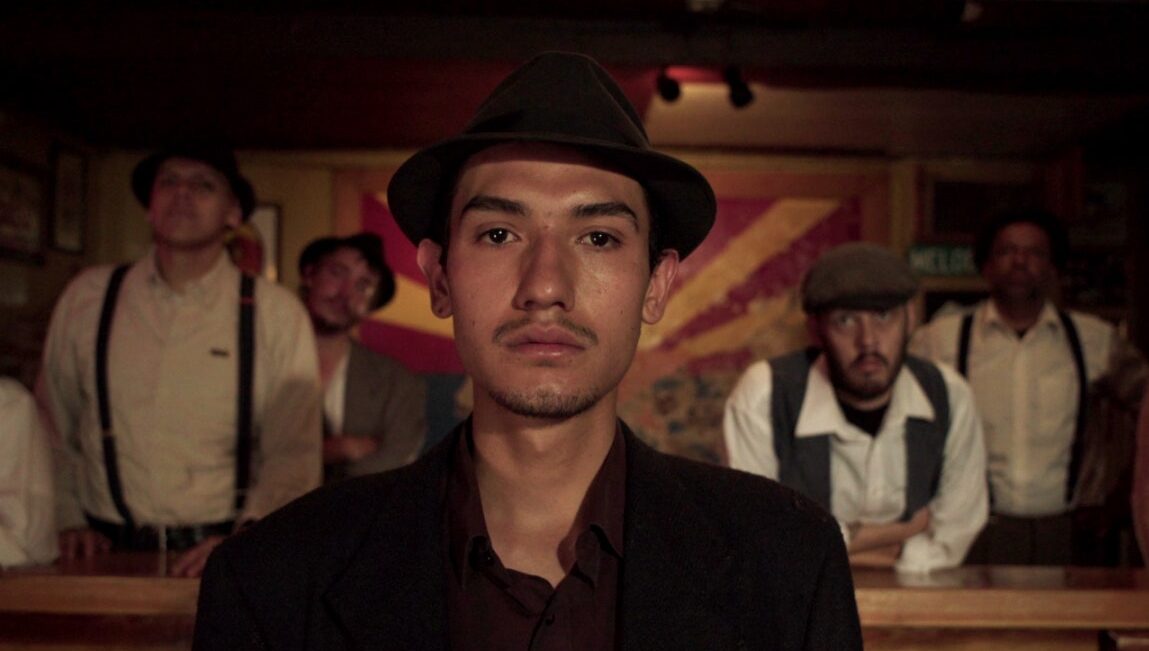Ava is a generic, poorly-shot, and utterly pointless entry into the female assassin subgenre.
Tate Taylor must be the most charming man in the world. There’s no other explanation for why he continues to be gifted cinematic canvases upon which to exhibit his hackneyed “talents” or how he is able to snare such impressive casts. Nothing in his filmography has ever suggested that he’d be well-suited to handle a globe-trotting action flick, and so it shouldn’t be surprising to find that Ava is predictably crummy. In this particular instance, blaming Taylor might be a bit unfair; he only agreed to direct the film last minute as a personal favor to producer and star Jessica Chastain after original director Matthew Newton quit when a history of assault was revealed by the press. This also resulted in a sudden title change, which simply traded one bland, feminine-tinged palindrome (Eve) for another. It’s fitting, then, as Ava is just another in a growing lineage of generic, interchangeable female assassin flicks that seek the heights of Kill Bill or even Hanna without any real understanding of what distinguishes them. It’s so inept that even last year’s aggressively mediocre Anna looks like a masterpiece of technical prowess by comparison. (And what exactly is up with the palindrome titles in this genre? And why do so many of these tales of female empowerment come courtesy of men with checkered pasts of alleged assault [ahem, Luc Besson]? That these questions so easily distract are illustrative of Ava’s unappealing tedium.)
A slumming Chastain stars as the title character, an assassin in the midst of a crisis of conscience. Ava travels all over the globe, wears lots of wigs and sexy outfits, but she is beginning to question the morality of her work. Are these bad guys really…bad? Her handler, Duke (John Malkovich, likewise slumming it), worries about her emotional stability, as she endured a mental breakdown several years prior due to drug and alcohol addiction (see also: stock scriptwriting and banal dramatic cliches). He kept her on only because he has a soft spot for her damaged soul, and so is naturally very upset when his boss, Colin Farrell (slumming it), orders her termination. Meanwhile, Ava returns home to Boston to work through some family issues that have arisen and prove the root of her personal demons. Geena Davis and Jess Weixler play her mother and sister, respectively, and both slumming it, while Common pops up as a former lover. And for a while, everyone proceeds to re-interpret Sweet Bird of Youth, East Coast Edition, a decidedly peculiar lull for a would-be ass-kicking assassin thriller. Admittedly, some genre kinetics are slotted in between the kitchen sink theatrics, but even then the affrays are horribly shot and entirely cut to shreds, making it impossible to follow any of the action therein.
There’s exactly one good scene in Ava, a game of cards between Chastain and Davis in which the two let down their guards and reveal to each other certain emotional truths. It’s a scene that is well-handled in isolation, but one that is also severely discordant with everything around it. It does more to remind of The Long Kiss Goodnight, one of the best films ever made in this particular genre, than to add much substance to the film at hand, only suggesting an empty, passing-the-torch gimmick. But then Chastain quickly heads to a bar to almost drink for roughly the fifth time, and the moment passes. At one point, Joan Chen, who is slumming it, pops up and proceeds to feel herself up while watching a MMF threesome, a development sure to be low on the list of viewer expectations for Ava and a curious interlude for an otherwise entirely staid picture. And yet, it’s not even the film’s biggest surprise; that honor belongs to Ava’s cliffhanger ending and ludicrous decision to imply a coming sequel. It would seem that Tate Taylor at least has a sense of humor.







